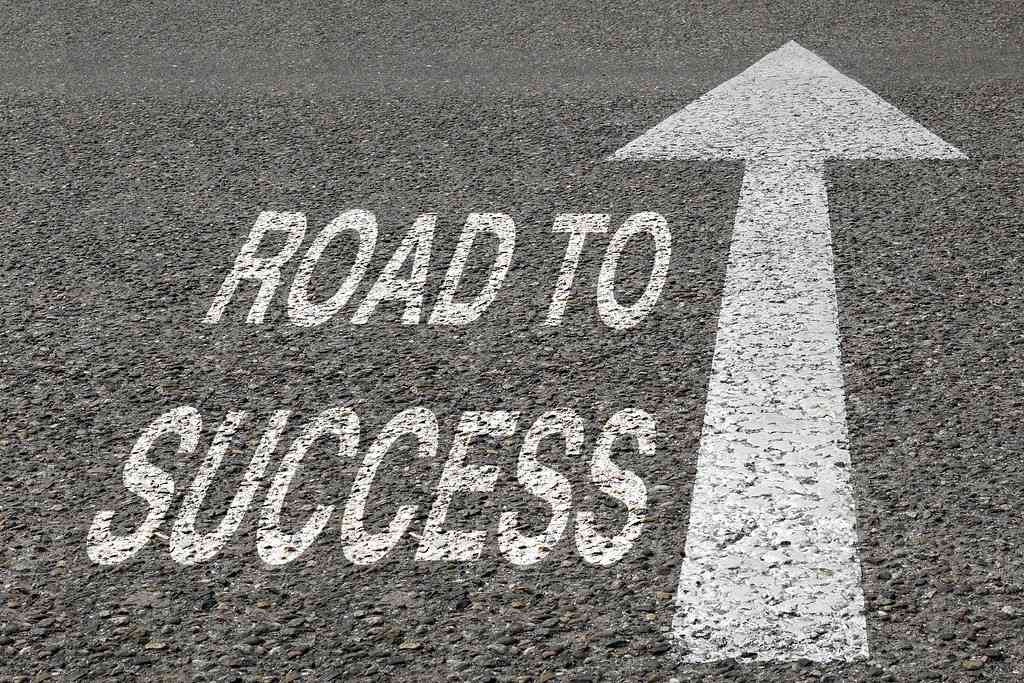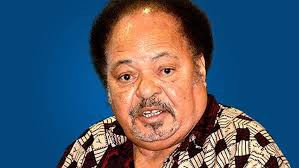
Imagine spending thousands of dollars and countless hours on an elaborate hiring process, only to discover six months later that your “perfect” candidate is underperforming. If this scenario sounds familiar, you are not alone. Despite decades of research, many organisations still rely on ineffective selection methods that fail to predict actual job performance.
As an industrial and organisational psychologist who has spent years studying this field, I would like to share what science actually tells us about predicting job performance in 2025. The insights might surprise you.
Predictive power hierarchy
Let’s cut to the chase. Based on analyses of hundreds of studies, here are the top ways to predict job performance, ranked by how accurately they forecast future employee success (where higher numbers mean better prediction):
l General mental ability (.65) measures a person’s capacity for learning, reasoning, and problem solving.
l Work sample tests (.54) require candidates to actually perform representative job tasks.
l Structured interviews (.51) are conversations where every candidate gets the same carefully designed questions, with answers scored consistently.
l Job knowledge tests (.48) directly measure whether someone understands the key facts and procedures needed for the role.
- Unpacking environmental laws for real estate in Zimbabwe
- Veld fire management strategies for 2022
- Stop harassing media for reporting truth
- Letters to the editor: PVOs Bill must be shot down
Keep Reading
l Integrity tests (.41) assess honesty, dependability, and rule following.
l Biographical data (.35) systematically analyses a candidate’s past experiences and behaviours.
l Conscientiousness (.22) measures a person’s tendency to be organised, responsible, and achievement-oriented.
These findings, particularly from Schmidt and Oh’s 2016 analysis, confirm that mental ability remains the strongest single predictor of job performance across numerous occupations.
Why mental ability matters so much
Mental ability predicts performance for two key reasons.
Firstly, people with higher mental ability learn job-related information more quickly. Secondly, they are better at adapting this knowledge to solve new problems. This explains why mental ability becomes an even stronger predictor as job complexity increases — in highly-complex jobs, the correlation with performance rises significantly.
However, it is important to remember that mental ability is not the whole story. While it is excellent at predicting who can do the job, other assessments help determine who will actually do it consistently and go beyond minimum requirements.
Power of structured interviews
Structured interviews remain one of the most powerful and versatile assessment tools. They involve asking all candidates the same job-related questions and scoring their responses using consistent criteria. There are two main types: “What would you do if ...?” questions and “Tell me about a time when ...” questions.
The power of structured interviews comes from their ability to assess multiple dimensions at once — thinking ability, personality, motivation, job knowledge, and interpersonal skills — in a single assessment. They provide insight into how candidates actually apply their abilities to real workplace situations, not just what they know in theory.
For complex roles, “Tell me about a time when” questions tend to work better, while for more routine positions, “What would you do if” questions can be equally effective.
Different jobs, different predictors
The effectiveness of different predictors varies significantly based on how complex the job is. As jobs become more complex, mental ability becomes more important while conscientiousness (being organised and diligent) becomes relatively less important.
Openness to new experiences becomes more important in complex roles, and extraversion shows its strongest relationship with performance in moderately complex jobs.
For highly-complex roles such as executives and technical specialists, mental ability should be prioritised. For sales and management positions, consider extraversion alongside other predictors. For customer service roles, agreeableness (being cooperative and empathetic) becomes more relevant.
Using multiple methods together
The most effective approach is combining complementary assessment methods. For example, using mental ability tests, together with integrity tests results in approximately 78% better prediction than chance alone. Mental ability plus structured interviews improve prediction by about 76% over chance. These combinations dramatically outperform any single method because they capture different aspects of potential performance.
The key is combining methods that measure different qualities. Adding another test that measures something already covered by your first assessment brings diminishing returns.
Beyond the tradition
Recent research has identified promising new predictors. Character strengths (such as creativity, curiosity and perseverance) add predictive value beyond traditional measures.
Cognitive reflection — the ability to override intuitive but incorrect responses — predicts performance across various roles. Adaptability predicts success in rapidly changing environments. How a person’s job satisfaction changes over time predicts whether they will leave better than a single measurement of satisfaction.
Recommendations
Based on the latest scientific evidence, here is how to improve your hiring process: Use mental ability tests, especially for complex jobs, but don’t rely on them exclusively.
Create interviews where every candidate gets the same carefully-designed questions, with consistent evaluation criteria. Train your interviewers properly. For complex roles, ask candidates about their past experiences rather than hypothetical situations.
Use multiple assessment methods rather than relying on any single approach. A thinking ability test plus a structured interview or integrity test provides excellent prediction of future performance.
Match your assessment methods to the job’s complexity. For highly-complex roles, emphasise cognitive ability. For more standardised positions, look for conscientiousness.
Consider fairness in your hiring process. Cognitive tests show larger demographic differences than structured interviews or integrity tests. Using combinations can maintain predictive power while improving diversity outcomes.
Be sceptical of traditional, unstructured interviews where different candidates get different questions based on the interviewer’s whims. Despite their popularity, these interviews don’t predict performance well and are highly susceptible to bias.
The science is clear: how you select employees dramatically affects organisational performance. By implementing proper assessments, combining complementary methods, and matching selection approaches to job requirements, you can significantly improve hiring outcomes.
Even a modest improvement in how accurately you predict performance can translate to hundreds of thousands or even millions in productivity gains depending on your organisation’s size — making evidence-based hiring one of the highest-return investments available to executives today.
- Nguwi is an occupational psychologist, data scientist, speaker and managing consultant at Industrial Psychology Consultants (Pvt) Ltd, a management and HR consulting firm. — Linkedin: Memory Nguwi, Mobile: 0772 356 361, [email protected] or visit ipcconsultants.com.










